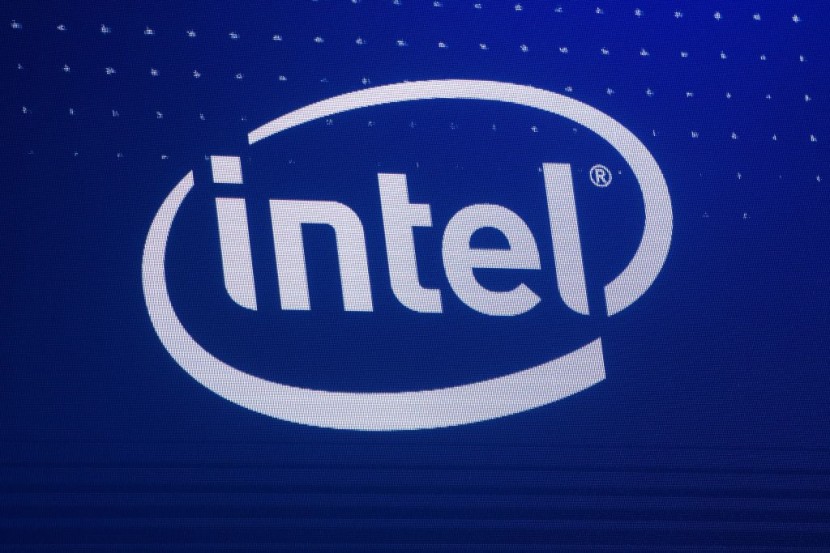The CEO of the American chipmaker Intel stated in an interview that the company plans to enhance its partnership with Japan to create advanced technologies and materials for producing semiconductors.
During his visit to Tokyo, Intel CEO Pat Gelsinger discussed potential areas of collaboration with Japanese Prime Minister Fumio Kishida. Gelsinger highlighted three specific areas where Intel and Japanese suppliers could work together: sustainable semiconductor manufacturing, the development of exascale and quantum computing, and improving the manufacturing ecosystem from infrastructure to packaging, assembly, and testing.
Gelsinger stated that his company currently has no set plans for investing in Japan but has had talks regarding matters concerning investment in Japan, as reported by Nikkei Asia.
Shortage in the Semiconductor Industry
Intel's focus on enhancing its partnership with Japan comes as the global semiconductor industry faces an unprecedented shortage. The COVID-19 pandemic has disrupted supply chains and caused a surge in demand for consumer electronics, resulting in long lead times and high prices for semiconductors.
Japan is home to several leading semiconductor manufacturers, such as Renesas Electronics Corp., Toshiba Memory Corp., and Sony Semiconductor Solutions Corporation.

By partnering with these companies, Intel hopes to leverage its expertise in advanced manufacturing processes to develop cutting-edge technologies that can meet the growing demand for semiconductors across various industries.
The CEO of Intel sees great potential for collaboration between his company and Japanese partners. He believes that combining resources and knowledge from both sides of the Pacific Ocean can accelerate innovation within the semiconductor industry while addressing pressing issues related to sustainability or cybersecurity concerns arising from this fast-evolving sector.
Will It Be a Good Partnership?
The semiconductor industry has become increasingly crucial to many aspects of modern life, from smartphones and laptops to cars and medical equipment. As the demand for these devices continues to grow, companies like Intel are looking for ways to increase production while maintaining high-quality standards.
One area where collaboration between Japan and Intel could be particularly fruitful is in the development of new materials for semiconductors. Japan is known for its expertise in advanced ceramics and other materials science fields that could help improve chip performance or reduce energy consumption during manufacturing processes.
Another potential avenue of cooperation is in developing more efficient supply chain logistics systems. The COVID-19 pandemic highlighted weaknesses in global supply chains, leading some companies to rethink their strategies around sourcing raw materials or shipping finished products across borders.
By partnering with Japanese suppliers who have experience navigating complex international trade regulations, as well as academic institutions focused on logistics research, Intel may be able to streamline its operations and better anticipate future disruptions caused by factors such as natural disasters or geopolitical tensions.
Ultimately, any successful partnership will require both sides to commit to shared values such as innovation excellence, sustainability, and social responsibility, which can provide long-term economic and social benefits within the respective communities involved.
Related article: Researchers report advances in stretchable semiconductors, integrated electronics








